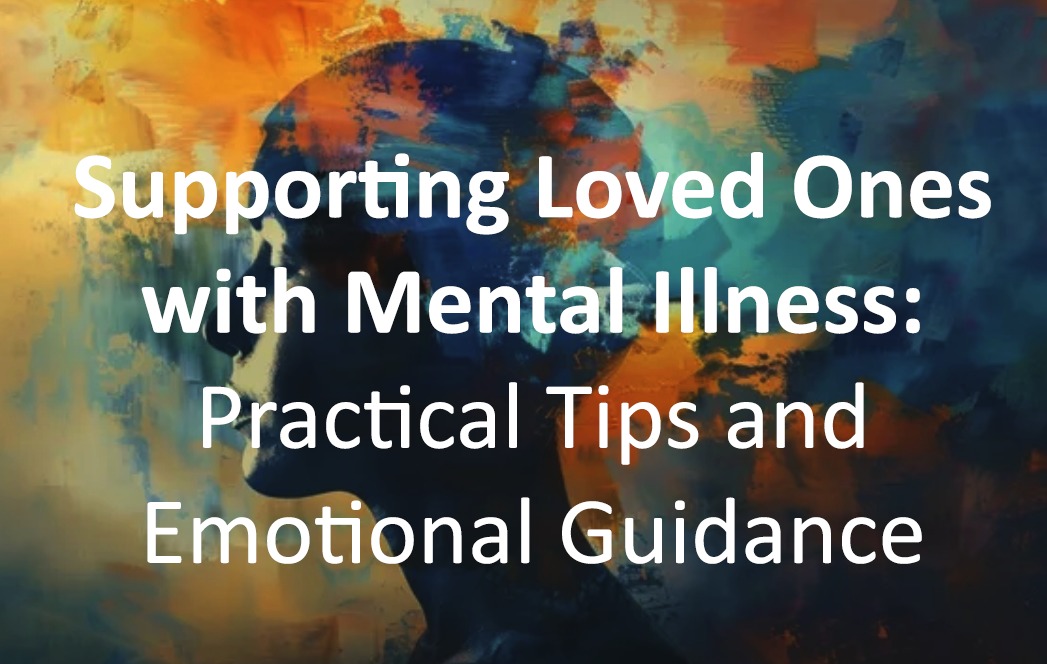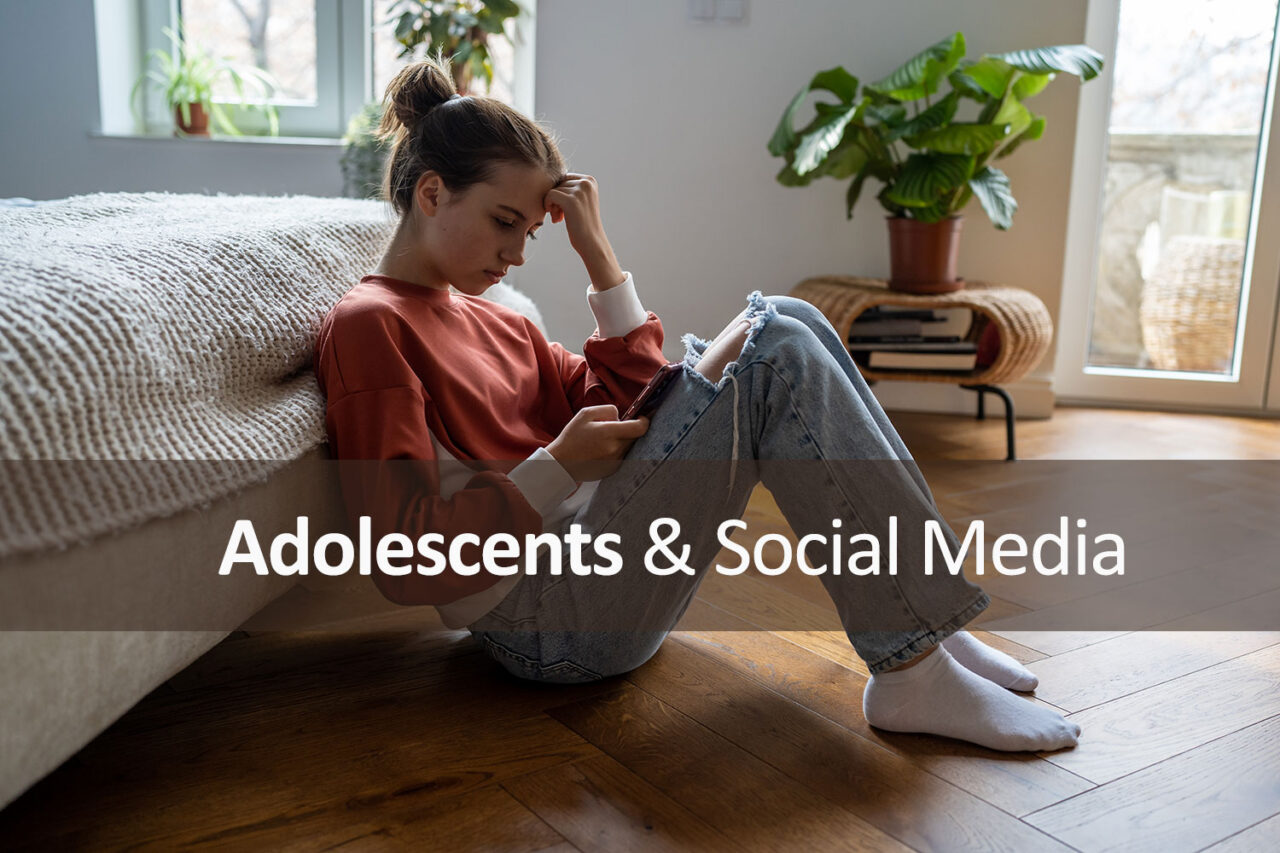Mental health issues are on the rise globally, and the U.S. is no exception. The stressors of modern life, including international and domestic issues, economic pressures, and social isolation, have significantly increased the incidence of mental health conditions like anxiety, depression, and substance use disorders.
Greater Awareness and Reduced Stigma
Awareness campaigns and efforts to reduce the stigma surrounding mental health have led to more people recognizing the importance of mental health care and seeking help. This has contributed to the growing demand for mental health services.
Technological Advancements
The adoption of telehealth platforms has made it easier for individuals to access mental health services, especially in regions where in-person services are scarce. This technological shift has been crucial in meeting the rising demand, though challenges remain in ensuring equitable access across different populations.
Accessibility
Shortage of Mental Health Professionals: Despite the increasing demand, there is a significant shortage of mental health providers in many parts of the U.S. This shortage is especially pronounced in rural and underserved areas, leading to long wait times and limited access to care. Access to mental health care varies significantly by region. Urban areas may have more resources, but rural areas often face severe shortages in providers and facilities. This geographical disparity contributes to unequal access to care across the country.
Affordability
Even with insurance, the cost of mental health care can be prohibitive for many people. High co-pays, deductibles, and limited coverage for mental health services are common issues that prevent individuals from seeking care. Unlike many of the other mental healthcare providers, BCS accepts most healthcare insurance plans, contact us to find if you are covered.
While there has been progress in increasing access to mental health care, significant challenges remain. Addressing these barriers requires a multifaceted approach, including expanding the mental health workforce, improving insurance coverage, and leveraging technology like telehealth to reach underserved populations. At BCS we are striving to reach more people who need our services, hiring more therapists to answer demands and holding the insurance companies accountable to fulfil their obligations.











